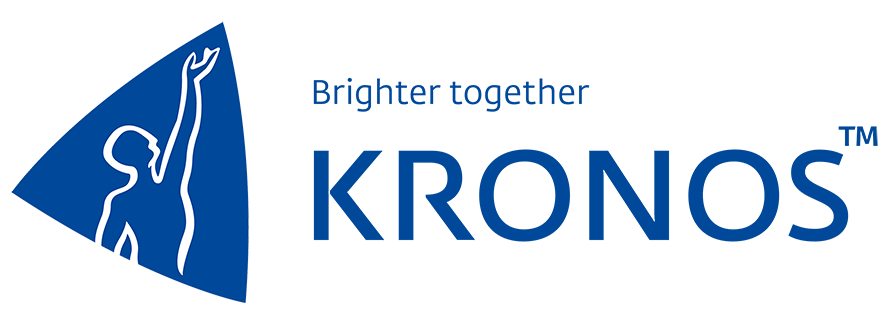Clinical Laboratory Testing Checklist
A standardized process for receiving, processing, and reporting test results in a clinical laboratory setting.
Step 1
FAQ
How can I integrate this Checklist into my business?
You have 2 options:
1. Download the Checklist as PDF for Free and share it with your team for completion.
2. Use the Checklist directly within the Mobile2b Platform to optimize your business processes.
How many ready-to-use Checklist do you offer?
We have a collection of over 5,000 ready-to-use fully customizable Checklists, available with a single click.
What is the cost of using this Checklist on your platform?
Pricing is based on how often you use the Checklist each month.
For detailed information, please visit our pricing page.
What is Clinical Laboratory Testing Checklist?
A standardized tool or protocol that outlines the necessary steps and procedures to be performed by clinical laboratory professionals during testing, including preparation of samples, performance of tests, and reporting of results.
How can implementing a Clinical Laboratory Testing Checklist benefit my organization?
Implementing a clinical laboratory testing checklist can benefit your organization in several ways. Firstly, it ensures consistency and standardization of testing procedures across all departments and facilities. This reduces the risk of errors, incorrect test orders, or misinterpretation of results due to lack of protocols.
Secondly, a well-structured checklist aids in identifying any gaps or inconsistencies in existing processes, allowing for targeted improvements that enhance quality control measures. Additionally, using checklists can help streamline workflows, decrease turnaround times, and improve communication among laboratory personnel, healthcare providers, and patients.
A clinical laboratory testing checklist can also contribute to improved regulatory compliance by ensuring adherence to relevant guidelines, standards, and laws. Furthermore, implementing a checklist may facilitate cost savings through reduced rework, fewer errors, and optimized resource utilization.
Moreover, incorporating a quality-control mindset into daily operations enables the organization to build trust with patients and healthcare partners by demonstrating commitment to accuracy, reliability, and excellence in laboratory testing services.
Finally, using a clinical laboratory testing checklist can contribute to better risk management by minimizing potential risks associated with suboptimal practices or inadequate protocols.
What are the key components of the Clinical Laboratory Testing Checklist?
The Clinical Laboratory Testing Checklist includes:
- Patient identification and sample labeling
- Test ordering and authorization
- Sample collection and handling procedures
- Pre-analytical testing conditions (temperature, time)
- Analytical testing methods and quality control measures
- Result reporting and interpretation guidelines
- Critical result notification policies
- Quality assurance and improvement processes
- Compliance with relevant regulations and standards
Step 2
Step 3
Step 4
Step 5
Step 6
Step 7
Step 8
Step 9
Expense Reduction
 34%
34% Development Speed
 87%
87% Team Productivity
 48%
48% Generate your Checklist with the help of AI
Type the name of the Checklist you need and leave the rest to us.
 Made in Germany
Made in Germany Fair Pricing Policy
Fair Pricing Policy




























 Certified Security and Data Protection
Certified Security and Data Protection Active Support and Customer success
Active Support and Customer success Flexible and Fully customizable
Flexible and Fully customizable